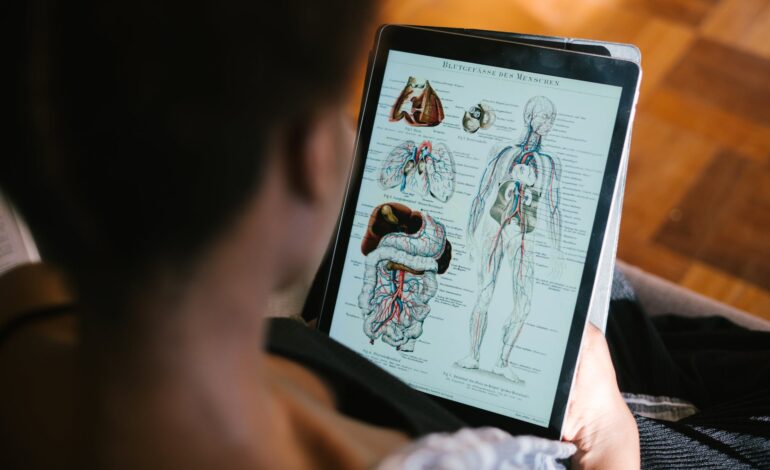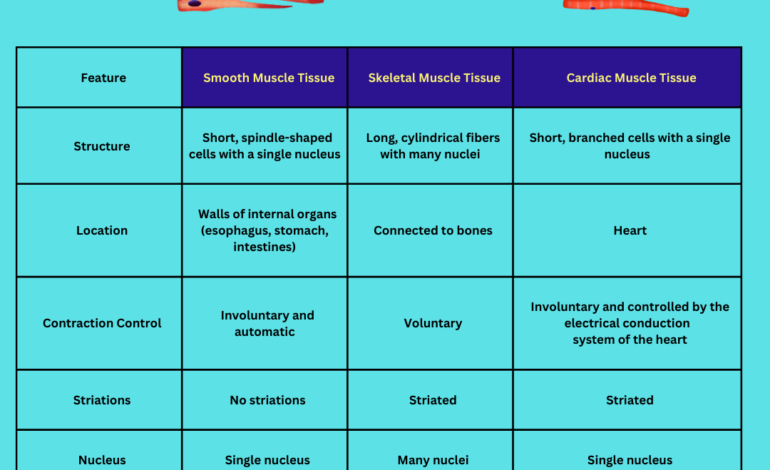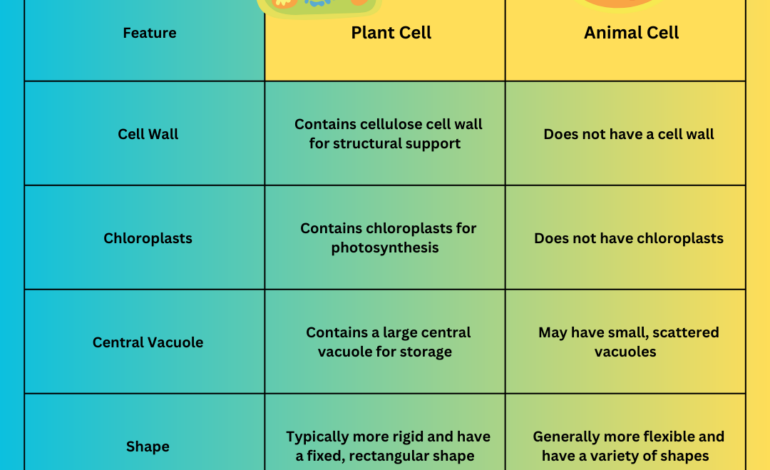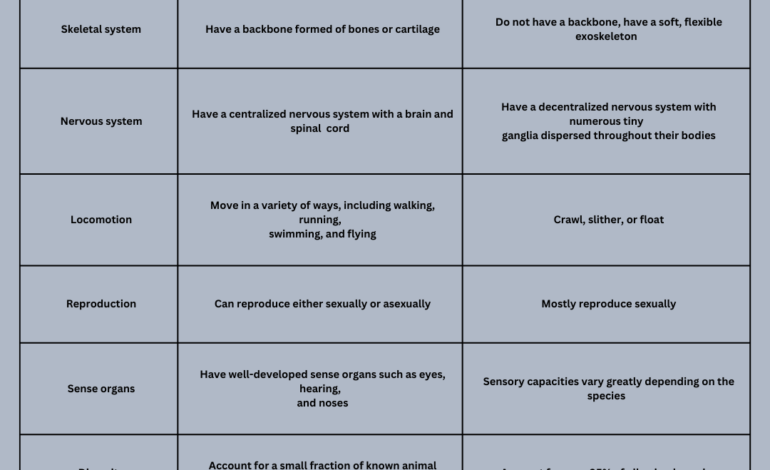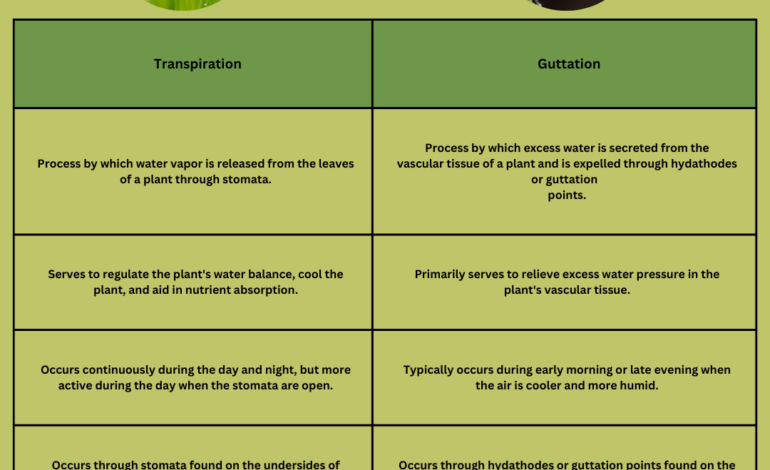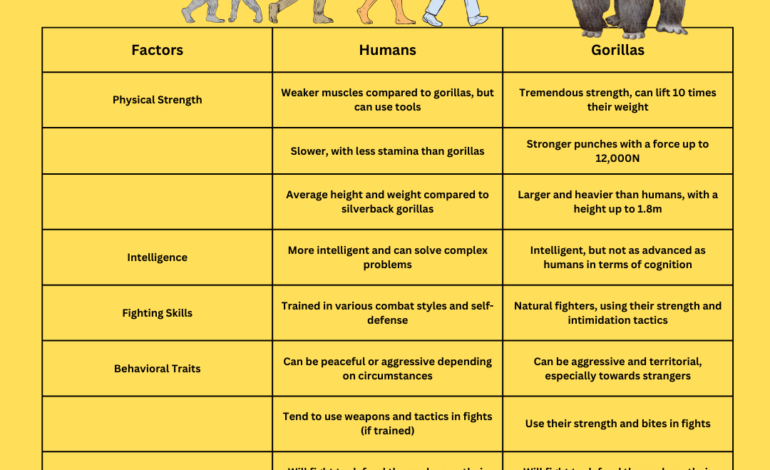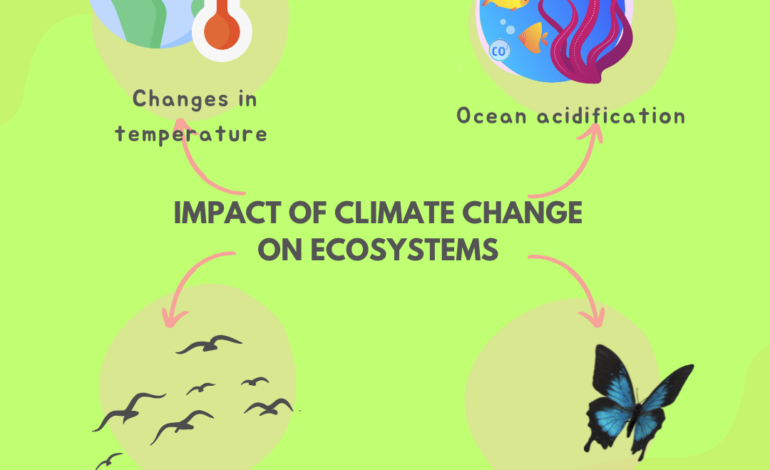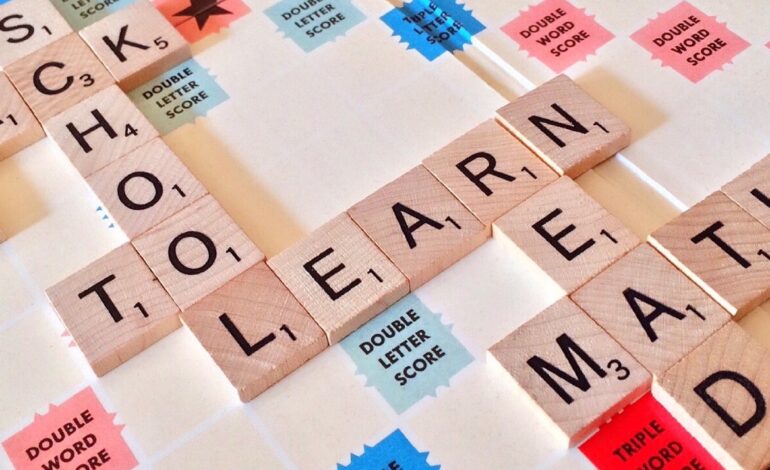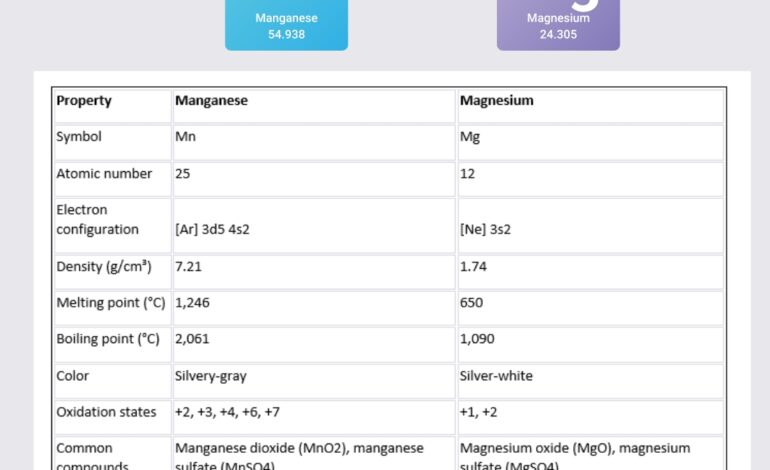Biology notes – comparisons
Differences between Faeces and excretory substances Faeces are the waste products that remain after food has been digested. It is not considered an excretory product because it is not formed by chemical processes within the cells of the digestive system. Excretory products are the waste products that are created during chemical reactions within cells. Excretion […]
Read More